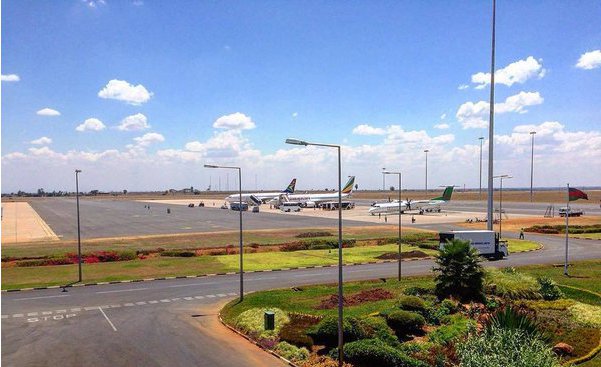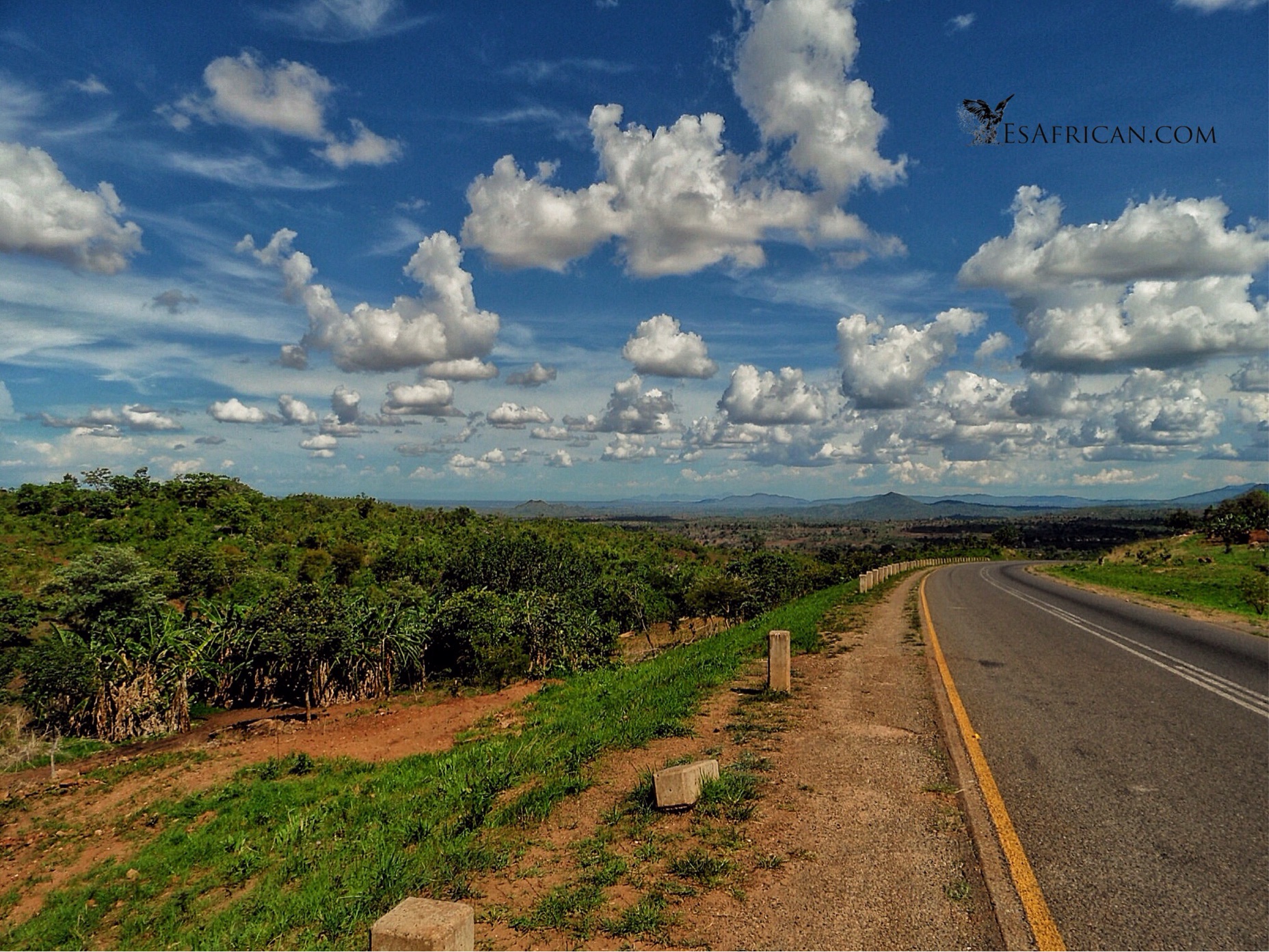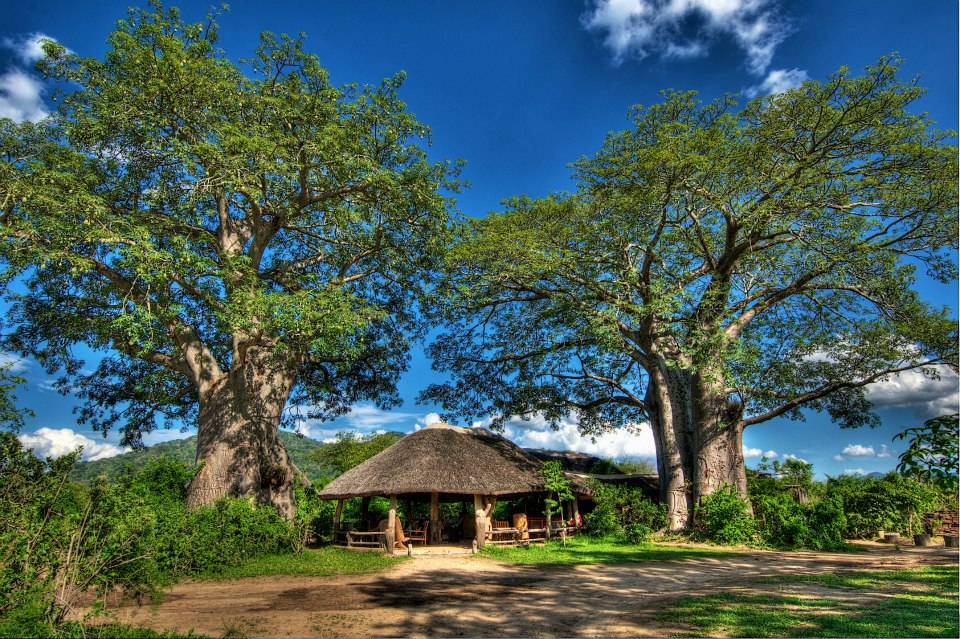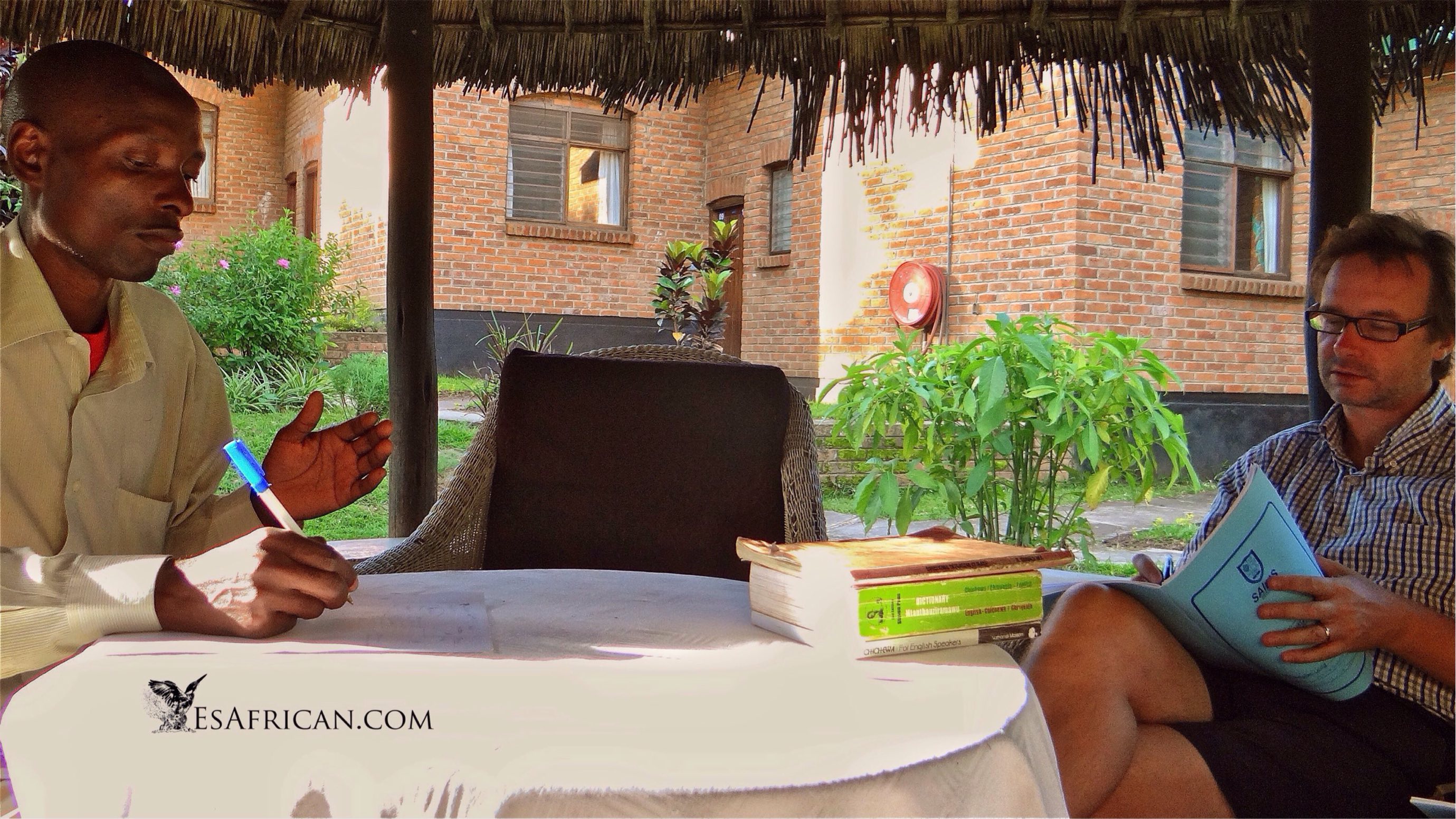Huntingdon House at Satemwa Tea Estate
On Saturday morning we decided to check out some tourist spots that we have somehow not seen so far.
First stop was Game Haven. This place is advertised as offering top end accommodation in the Blantyre area (actually it is just over the border in Thyolo District). We had been intrigued to hear that it is the nearest place to Blantyre offering ‘game drives’ to see a reasonable selection of animals within a large fenced off area. The animals were no where to be seen near the lodge – we did not actually make an effort to look to be honest. We were told however that with all the work going on to build a golf course, a swimming pool and more chalets and rooms the animals had retreated to the farther reaches of the large fenced off area.
I hope that all the building work goes well and that when it is finished Game Haven will provide great five star accommodation with zebras and nyalas grazing on the golf course. I wish them all the best and hope that their vision turns into reality. I certainly would not fault them on ambition.

Imagine rolling hills of tea like this for as far as you can see and then you can imagine a tea estate. The landscape could hardly be more different to that at Game Haven.
We did not stay long and headed off to the other end of the upmarket spectrum to experience some old colonial style life in a tea estate.
Satemwa Tea Estate is a family run and owned tea estate and the family of the Scotsman who started it all in the 1920s are still living there.

Huntingdon House itself is no longer occupied by the family. They are elsewhere on the estate. This place is therefore a great place for visitors to relax.
Huntington House is the original family home and the rooms are named in accordance with who used to sleep where. We thought that it was a great place to stop and relax and I would recommend this place as well as Fisherman’s Rest as good locations for a relaxing day away from Blantyre.
In addition to eating and drinking other activities on offer are tea tasting, coffee tours, bird walks, walking, picnicking, mountain biking and croquet. The nearby Thyolo mountain has unique sub species of birds.

We liked the fact that there were islands of old trees preserved among the tea. They were good to drive through. One thing that Malawi needs is the conservation of trees and forests.
We did plan to go on to Mulanje but by the time we had checked out the bungalow it was time for lunch and Amelia suggested that we stay. By the time that we had returned from viewing the bungalo the managers had returned from watching the rugby. They are a couple that we had met briefly at Majete. At last we had fulfilled our promise to visit their establishment. The good news is that Marc is very keen to climb Mulanje with us. On the way out we met another couple keen to climb Mulanje. It seems there is no shortage of people looking for someone to organise Mulanje trips for them.

Amelia and Ruth wait for lunch. We made the right decision to wait here for lunch instead of heading on to Mulanje for 'the best pizza in Malawi'.
The car engine was making a loud deep revving kind of sound as I turned it on and when I pressed hard on the accelerator. Not being a petrol head I did not understand what might be causing this. This problem seemed to start while driving on some of the rough steep roads within the tea estate. As it was getting late we abandoned our Mulanje ambitions and headed back to Blantyre.
Little known fact: Tea and coffee arrived in Malawi via the original Scottish mission in Blantyre. Now they are two important export crops.
Convenience Shopping
One of the advantages of shopping in Malawi is you can quickly get all the fruit and vegetables that you need without making a special journey. While driving through the countryside you can get good prices and some of the stalls are quite colourful.
Some people may feel intimidated at the thought of bargaining at the side of the road in a poor country. In Malawi I don’t think it is really a problem. When there are various sellers in a small market town they are usually enthusiastic rather than aggressive. There is not much aggression in Malawi and few people do the ‘hard sell’. Outside of market towns you will often see stalls separated by several yards. This gives you thinking time as you drive past the first two or three. Different areas specialise in different types of fruits, vegetables or crafts so you have time to think ‘now do I want melons?’ as you zoom past the first few stalls. It also means that in these particular areas you can get better prices.
I always say to people who want to sell to me “you need to speak to wife” and that seems to work every time. Amelia certainly has much more of an idea over what she thinks things should cost. She is a better negotiator than me but always says that it is not hard to get a fair price.
[I had a quick look on the internet to see how accurate / inaccurate / misleading my choice of heading would be. I was relieved to see that ‘convenience shopping’ means different things in different parts of the world – no set global definition. If anyone is thinking of coming to Malawi and stumbles on this blog post while trying to find out what the shops are like…let me assure you, there are modern supermarkets in Malawi].
The World’s Oldest Profession: Farming
My wife was marveling at how cheaply we could buy fruit and vegetables from the side of the road on our way back from Lilongwe to Blantyre. I had seen a fruit that I did not know in Lilongwe and the Malawians told me that they did not know the English word for it (unusual). We bought a certain vegetable that neither of us recognised – there is a good range of produce here.
I follow the news around the world and read the interesting Zero Hedge blog. They have a post on a coming global food crisis.
It is called ’20 Signs That a Horrific Global Food Crisis is Coming’. Google it if you like. My previous attempt to add a link to my blog failed.
Among other factors lack of water and the rising price of oil are mentioned.
Zero Hedge also covers many other economic problems. Some of these problems may affect Malawi but how do they affect Malawi’s subsistence farming?
How The Subsistence Farming Industry In Malawi Works
– it’s a bit like this:
Seeds fall into the ground
The sun shines
The rains come
The crops grow
The rains stop
The food is picked (by hand)
The people eat the food they grow
The farmers WALK or CYCLE their excess food to market
People buy plentiful supplies of excess fruit and vegetables
I may not have got it exactly right and it is not a full analysis as it does not cover what is in season when. However, I think it is something like that.
How does toxic debt in European banks affect this process? What about CDSs or the bond market problems or even ‘peak oil’?
I am hoping that these problems do not affect this solid, defensive and large part of the Malawian economy.
What about water?
Malawi has one of the largest freshwater lakes in the world. The Lake takes up 20% of Malawi’s surface area. Lake Malawi has more species of freshwater fish than Europe and America combined. Several rivers flow into Lake Malawi and one (The Shire River) flows out and through the most populous part of the country – the southern region.
Malawian agriculture, and the taking of the food to market is therefore, I think and hope, reasonably resistant to some of the problems brewing in the outside world.
Some people may look down on this simple ‘industry’ and market. I think the opposite – this looks to me like a great asset when the complexity and debt in the outside world looks so vulnerable.
Monday Morning – Market Comes the Door
One part of our new schedule is a visit from ladies from the market. They arrive at about 8am after I have returned from delivering Ruth to nursery. They were tipped off to come and see us by one of their other customers – Linda Inglis. She said that their prices are not bad.




















